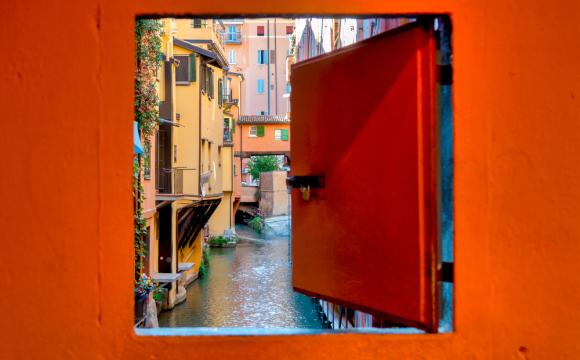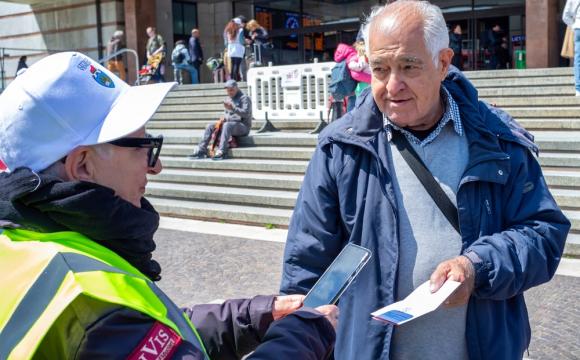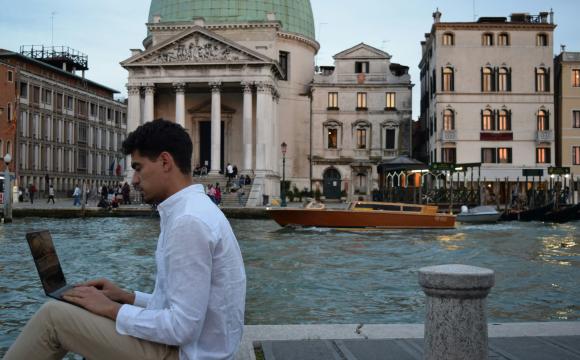
Franco Marini and Fausto Bertinotti were elected Senate and House Speakers on Saturday, clearing the way for the formation of a centre-left government led by former European Commission president Romano Prodi. Marini, a senator with the centrist Daisy party was elected on the fourth ballot, garnering 165 votes against the 156 votes cast by the centre right for former premier Giulio Andreotti, a life senator .
But the centre left's failure to get Marini elected on Friday highlighted the fragility of Prodi's hold on Upper House as well as looming problems with coalition unity .
At least four senators initially broke rank, failing to back Marini in the first day of voting in the 322-seat house .
Prodi, who won a wafer-thin victory over outgoing premier Silvio Berlusconi in Italy's April 9/10 general election, had been hoping for a first-round election for Marini .
Marini's election, at the end of two controversial days of voting, was greeted by a long round of applause led by his 87-year-old opponent .
"I'm very, very, very happy. We've settled down now," said a jubilant premier-elect Prodi, whose Union coalition holds a two-seat majority in the Senate .
"In four hours (of voting on Saturday) everything fell into place," he added. The Union needed the support of at least four of Italy's seven life senators and one independent from abroad to get Marini elected .
Earlier on Saturday, veteran Communist Fausto Bertinotti was elected House Speaker with an absolute majority of 337 votes. The Union has a 64-seat majority in the 630-seat chamber and Bertinotti's election had not been in doubt, despite numerous votes for Democratic Left Chairman Massimo D'Alema. Bertinotti - leader of the Communist Refoundation Party (PRC) - was also elected on the fourth ballot, when a two-third majority was no longer required. Both Marini and Bertinotti, former trade union leaders, pledged impartiality, saying in their acceptance speeches they would work to represent both coalitions' interests fairly .
But despite the upbeat climate in the centre left, most political commentators agreed that the difficulty surrounding Marini's election showed that the incoming government will need to close ranks if it hopes to survive in the Senate .
Corriere della Sera editorialist Paolo Franchi warned that the mishap over Marini's election was a sort of wake-up call for the coalition. "For those who fear, and even more so for those who hope, that the centre-left government may have a difficult and brief life-span (since the glue holding the coalition together is particularly flimsy) yesterday's events were the clearest confirmation." Friday's vote in the Senate was a "disturbing signal" of the rough times ahead for the future Prodi government, according to the the Turin daily La Stampa .
"The first day of the new legislature was blatant and dramatic evidence of the political and parliamentary conditions amid which which Prodi will attempt to govern the country," said the daily. The left-leaning La Repubblica voiced disappointment over the Union's "disturbing debut", warning that in the future, Prodi's coalition will "have to rely on very skilled mathematicians" if it hopes to survive .
The Prodi government will have to "get used to living with an abacus in its hands" because the centre right has already promised to make its life difficult, the Rome daily said .
"There are no excuses for further bungling," said La Repubblica, urging the Union's MPs to show "discipline, unity and sense of responsibility." Berlusconi, who has not yet called Prodi to concede defeat, said he would tender his resignation to President Carlo Azeglio Ciampi on Tuesday .
Berlusconi said he would see Ciampi immediately after a cabinet meeting convened on Tuesday. The media magnate-turned politician accused the centre-left of putting on a "disgraceful show" at the Senate, accusing the Union of "having bartered votes", in exchange for posts, to get Marini elected .
"Prodi will not go far with this coalition," he was reported to have told his Forza Italia party MPs .
Under the Italian constitution, it is the president's job to formally appoint a new government. Ciampi's term ends on May 18 and the 85-year-old president has made it clear that he would like his successor - who will be chosen by parliament in voting on May 10/11 - to name the new premier .












